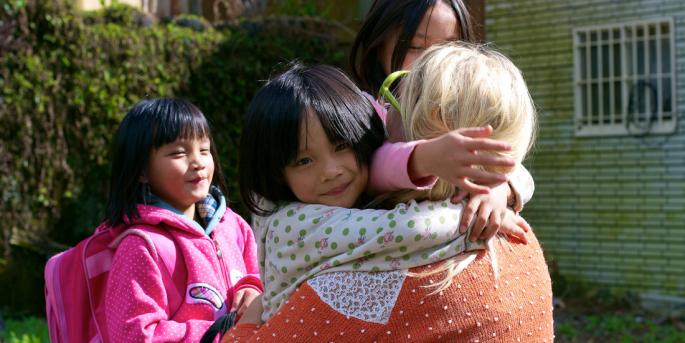The challenges of seniors' lifelong learning in Taiwan
This Taiwan Insight opinion piece describes the challenges of an ageing population and the attempts to make greater longevity purposeful. It also looks at the programs of Active Ageing Learning Centres (ALLC) planned by the Ministry of Education for implementation (363 at the end of 2017). Courses are designed for active ageing.

The challenges of population ageing and seniors’ lifelong learning in Taiwan
Written by Hsiu-Mei Tsai.
According to a WHO report, population ageing is poised to become one of the most important social transformations of the twenty-first century. This phenomenon has received much attention in Taiwan because the country has the highest speed of population ageing in the world. In 1993, the proportion of people who are 65+ years old reached 7 percent, which made Taiwan enter the group of ageing societies. Within only 25 years, the rate continues to grow and becomes 14 percent in 2018. Among 23.5 million of total population, there are over 3.2 million old people. By 2025, the rate is going to reach 20 percent, and the number of senior people is estimated to be 4.7 million.
Should people in Taiwan be happy to have greater longevity in their lives, or should we be cautious of serious challenges to come in a super-aged society? The answer seems to be both. When people possess longer years of living, they are people with blessing. But if life in later years is accompanied by poverty, illness and disability, then population ageing so fast definitely will bring a lot of challenges.
The government of Taiwan had recognized the issue of population ageing and published the “White Paper of Ageing Society” in 2014. The White Paper has addressed the challenges of an aged society in five aspects, including poor health, change of family structure, delivery system of long-term care, shortage of caring attendants, and ageism in society. Accordingly, four strategies are proposed: health maintenance, family support, active social participation, and age-friendly society. The ministry in charge is the Ministry of Health and Social Welfare, but related policies are also developed by Ministry of Education, Labour, Commerce, Transportation, Construction and Planning and so on.
Among these policies in corresponding to the issue of aged society, I am involved in a program called “Active Aging Learning Centre (AALC)” planned by Ministry of Education. Beginning in the year of 2008, the program has been carried out in 104 townships and towns. The structured courses are designed and well-performed so that people who are 55 years old and over could come and acquire knowledge and skills about ageing society, mobile phone usage, exercise, health maintenance, and intergenerational relations etc. Many elementary schools and civic groups have applied to conduct the program. By 2017, the number of the AALC has grown to 363. Each centre could serve about 300 up to 1200 older adults each year in communities.
The major differences between the AALC and learning services provided by other senior institutions are the designed course of active ageing, the task to mobilize the elderly to contribute to society, and training of volunteers who work in seniors’ learning. While other senior institutions provide learning programs for the enrichment of old people, AALCs are asked to provide knowledge based on the idea of active ageing. Through lifelong learning, old people can learn to take care of themselves, seek happiness, feel confident, and participate actively in society. After some senior people are activated in learning activities, they are encouraged to form a volunteer group and deliver the service to people in other villages. One of examples is that senior women in Tainan formed a drama club and performed traditional wedding ceremony to students of elementary schools. In Chiayi County, one group of seniors who learned to perform Chinese flute constantly delivered musical concert to the elderly in nursing homes.
One of significant achievements from AALC program is the increased rate of adult education participation, especially that in older adults. The national survey of adult education has been conducted periodically since 2008. The participation rate of people who are 65+ has grown from 11.40% in 2008, to 17.42% in 2011, and to 22.64% in 2014.
Facing the trend of population ageing, there is a paradigm shift related to policy design. Previously, policies for senior people are often based on the idea that old people are the burden of society. Therefore, pension system and long-term care delivery are foci of the policies. An emerging viewpoint treats old people as useful human resource in society. How can we transform high proportion of retired people to be productive labour force in society? The key lies in education and lifelong learning. Secondly, social systems could be redesigned. For example, flexible working schedule and part-time jobs could be promoted in retain old people to get employed. The housing arrangement and promotion of intergenerational practice in communities can make the society more age-friendly. Finally, it is important that the academic conduct interdisciplinary study and make knowledge transfer, and help the government develop policies with innovative thought.
Hsiu-Mei Tsai is Associate Professor at the Department of Adult and Continuing Education, National Chung Cheng University, Taiwan, R.O.C.
Image credit: CC by CABloem/Flickr.
Soure: Taiwan Insight
 Printer-friendly version
Printer-friendly version- Login to post comments







